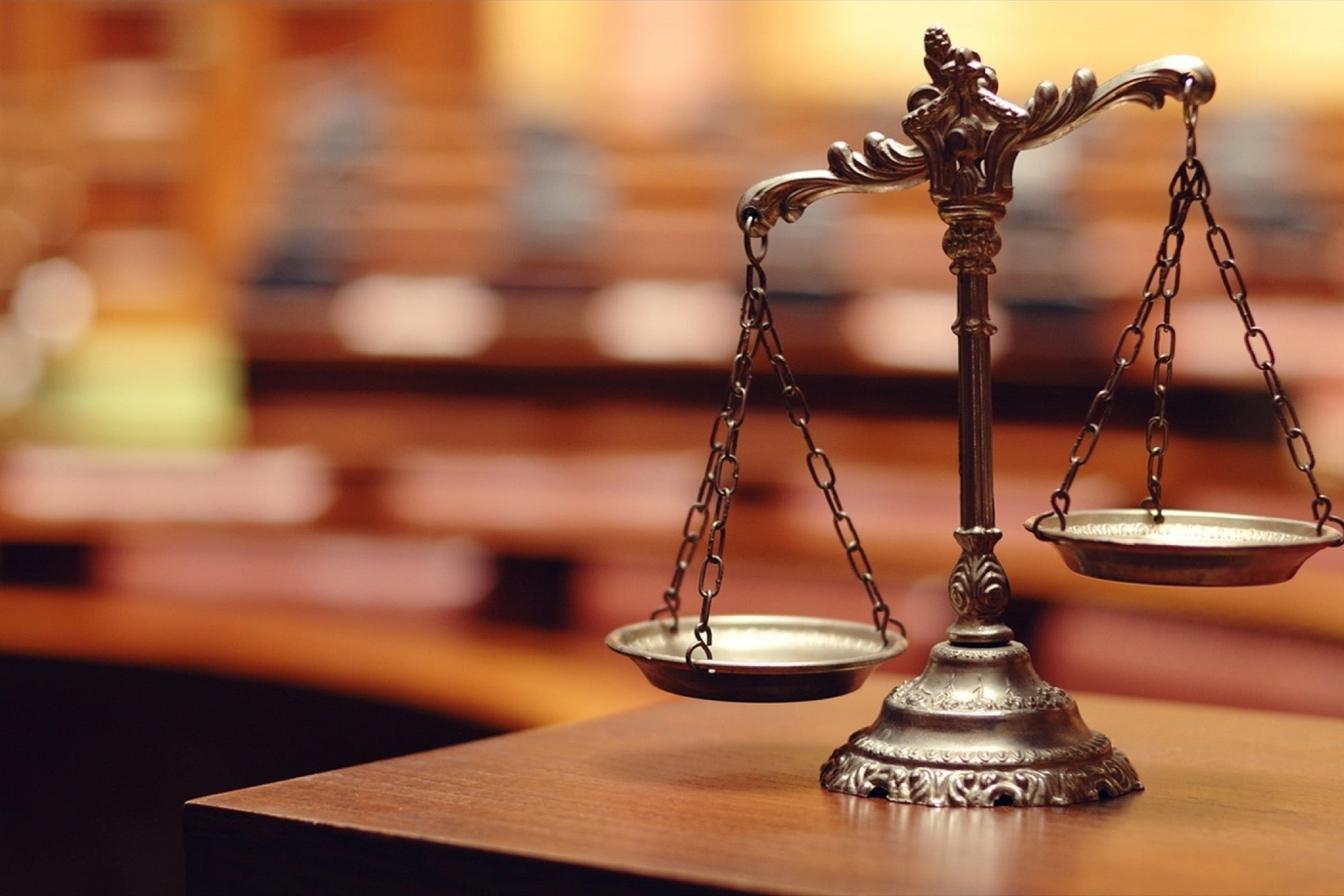How the Supreme Court's Upcoming Ruling in Same-Sex Marriage Wedding Cake Case Might Impact Other Small Businesses Spoiler: Probably not much.
By Robert Loeb Edited by Dan Bova

Opinions expressed by Entrepreneur contributors are their own.

One of the most contentious cases on the U.S. Supreme Court's fall docket involves a Colorado baker's much-publicized refusal to craft a wedding cake for a same-sex couple. This five-year-old case is described as a major battle between free speech and antidiscrimination laws. But, for all the noise, I don't expect the final ruling, even if the baker wins, to dramatically change the state of the antidiscrimination law.
Related: What You Need to Understand About the Google Firing and Free Speech at Work
Laws against discrimination by businesses have a long history in the United States. Back in 1964, the Supreme Court upheld the constitutional power of Congress to bar such discrimination by private business actors.
First Amendment arguments have been rejected before.
Those who want to discriminate based on race or sex have often sought the cover of the First Amendment in an attempt to avoid the antidiscrimination laws. They have asserted a First Amendment right to associate with whom they wish and claimed that antidiscrimination laws violate their right of free speech. Such arguments have generally been rejected by the courts.
In 1973, the Supreme Court explained that, while "[i]nvidious private discrimination may be characterized as a form of exercising freedom of association protected by the First Amendment, ... it has never been accorded affirmative constitutional protections."
In 1995, the Court added a bit of ambiguity when it held that Massachusetts could not use its antidiscrimination laws to require private citizens who organize a parade for St. Patrick's Day to include among the marchers a group imparting a message the organizers do not wish to convey (gay pride). That case did not, however, involve a business enterprise, generally open to the public. And the Court emphasized that the parade was itself a form of expression, protected by the First Amendment.
The pending Supreme Court case involving the Colorado baker is interesting because it will require to Court to decide whether similar arguments about artistic expression can, in some limited instances, justify discrimination by a business open to the public.
Related: Free Speech Has a Cost When You Share Controversial Views Online
Baker argues designing a cake is a work of art.
The facts of the case are pretty straightforward. Jack Phillips is the owner of an independent bakery, Masterpiece Cakeshop, located outside of Denver, Colorado. Phillips refused to make a cake for a same-sex wedding, citing his personal opposition to gay marriage. The couple, David Mullins and Charlie Craig, sued under a Colorado law that bars discrimination based on sexual orientation, leading to sanctions by the State. After losing in the Colorado appeals courts, Phillips took his case to the U.S. Supreme Court where arguments are expected to be heard later this fall.
Phillips argues that the Colorado statute infringes on his free speech, effectively forcing him to create personalized, custom art -- in this case a custom cake -- that spreads a message in favor of gay marriage that he doesn't agree with. Phillips agrees he could not refuse to sell an off-the-shelf product, but contends that a custom cake puts his personal message of approval on the issue of gay marriage. Phillips argues that a reasonable observer would see his custom cake as his endorsement of same-sex marriage.
The State responds that Phillips can express his anti-gay marriage views with signs all over his cake shop or in other ways; the one thing he can't do is refuse to sell to the same-sex couple. The State contends that no reasonable person would deem mandatory compliance with state law as Phillips endorsing same-sex marriage.
Related: Why It's OK to Sell Merchandise With the Confederate Battle Flag
The ruling is not likely to change antidiscrimination law.
Some are worried that a broad ruling for the baker could open a loophole to all antidiscrimination laws. This case, however it comes out, seems very unlikely to significantly upset the balance today between antidiscrimination laws and free speech.
Notably, the legal briefs on the side of the baker are all very carefully crafted to say that they are not trying to open a Pandora's Box and undo years of antidiscrimination precedent. Their goal, instead, is to specifically carve out a limited exception for this baker, who says he does not want use his artistic expression -- the creation of the cake -- to support what he opposes.
Ultimately, this case comes down to whether the Court wants to carve out a limited exception for such personalized, handcrafted services. Even if the Supreme Court rules in favor of Phillips, however, it is likely that it will do so on very narrow grounds, based on the artistic, personal, custom and expressive nature of Phillip's services. The ruling would have to be so limited, in my view, to obtain the swing vote of Justice Anthony Kennedy. To obtain that necessary fifth vote, the Court would likely need to make clear that this is a very limited exception, and that, in general, businesses can't violate state or local laws against people based on sexual orientation.
Such a ruling by its nature would be limited to individual owner-operators who provide services requiring customized, expressive activities. In other words, for most businesses, large and small, there will be no change in the status quo. They will have to continue to follow all federal and state antidiscrimination laws.
It will be interesting to watch the Court navigate this terrain.












